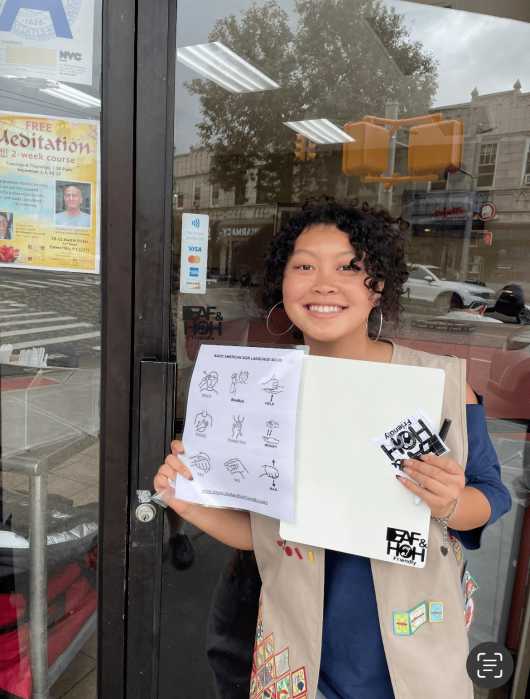On November 14, the New York City Council conducted an important hearing regarding vendor licenses and food cart permits. Earlier this year the City Council and Mayor Michael Bloomberg passed legislation to increase the number of food carts that sell fresh fruits and vegetables in neighborhoods throughout the five boroughs.
The introduction of these bills comes at a time when economic pressures are making it difficult for supermarkets to survive in the city. Some groceries will be forced to close, resulting in a further shortage of food stores critical to our neighborhoods. While supermarkets provide excellent employment opportunities for immigrants, many street vendors pay workers below minimum wage.
Carts are being permitted to operate in front of groceries and fruit markets causing further financial stress on these establishments. Fruit and vegetable carts may have a place in some underserved areas but not where food stores already exist. The proliferation of these carts near established food stores combined with the downturn in the economy, have resulted in the expected closing of six stores where we represent workers. These neighborhoods will lose an important anchor to the community that has provided hundreds of good jobs and quality food products to local residents.
Without adequate restrictions, there could be corners where multiple carts are situated causing unsafe crowding on sidewalks. Additional legislation will also be needed to ensure that these carts are not located near food stores or congested locations.
Long-term planning is needed rather than a quick fix.
According to a 2002 study published in the American Journal of Public Health, increased access to fresh fruits and vegetables through supermarkets has been shown to correlate with greater consumption of fresh produce. For every additional supermarket in a location, fruit and vegetable consumption increases by as much as 32 percent. The number of supermarkets, however, continues to decrease in low-income neighborhoods.
With the cost of rent and doing business in the city as well as the small profit in the food industry, quality supermarkets are disappearing from communities. City government needs to be involved now. Unlike temporary carts that come and go, supermarkets and green groceries stabilize neighborhoods by providing access to quality produce and healthy foods to the communities they serve.
John R. Durso is president of RWDSU Local 338 and international vice president of the United Food & Commercial Workers. He is also president of the Long Island Federation of Labor.


































